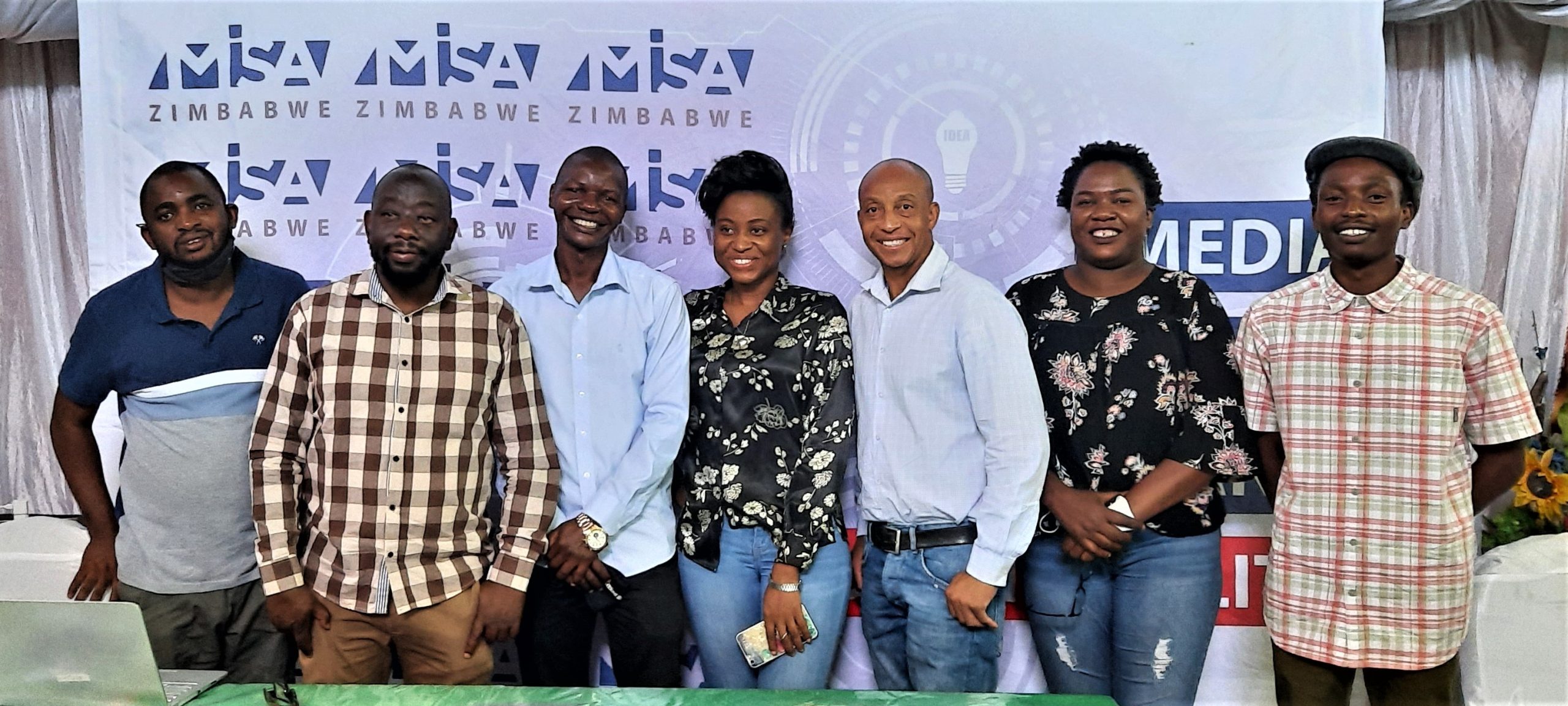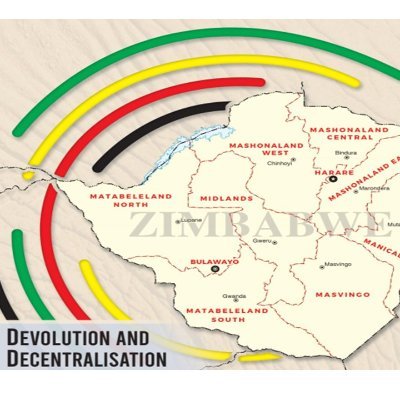
Zimbabweans ignorant of constitutional issues: Human Rights Lawyer
March 2, 2022
Judgment reserved on CFMT litigation against City of Mutare 2020 Supplementary budget increments
March 15, 2022Buhera rural communities bemoan exclusion in devolution processes

Devolution is envisaged to be a game changer for economic-turnaround in Zimbabwe.
Buhera Correspondent
BUHERA villagers who attended a devolution meeting recently organised by the Union for Development of Apostolic and Zionist Churches (UDACIZA) at Muzokomba High School under Chief Nyashanu area have bemoaned being excluded in devolution programmes ever since it was introduced by Government, despite having strategic mines and unique agricultural opportunities, the Easterntimeszim can report.
The meeting was meant to sensitive villagers on devolution and the role rural communities can play to add value into the district’s economy.
They said that while government is commended for devolving the economic activities, they are worried that the process is still highly centralized and people, especially those in rural areas lacked information on the process.
The distribution of devolution funds to local authorities is determined by each areas population, the depth of poverty and scarcity of social facilities such as education and healthcare, as well as the state of infrastructure such as roads. According to the devolution memorandum, prudent use of devolution funds is expected to promote balanced socio-economic development across the country.
Buhera has strategic mines that include Dorowa Mine, Shava Mine and unique agricultural opportunities which include small grains farming to help end poverty in the arid area.
District Disability Network Trust director and Manicaland provincial chairperson for Persons with Disability, Crimson Mangwiro in a sideline interview said that while government already started allocating funds under devolution in 2021 to local authorities across the country, there are fears that most rural communities will be left out if aggressive lobbying and advocacy is not done.
“What is lacking is seriously lobbying, advocacy and engagement for the rural population to participate fully in the devolution agenda,” Mangwiro said.
“While devolution must be inclusive, according to the government’s National Development Strategy 1 (NDS1) economic blueprint, most villagers in the country’s rural areas especially Buhera and the minority populations, including people with disabilities are being sidelined,” said Mangwiro.
“We are happy that the church has chipped in and UDACIZA has taken up this enlightenment initiative” he added.
In the National Budget statement, Finance and Economic Development Minister Professor Mthuli Ncube set aside $19. 5 billion (RTGS) for the devolution programme.
Buhera ward 9 councillor Gibson Gotora who attended the meeting said communicating development information to feed into the people was a major setback and urged responsible authorities to fix that if meaningful devolution programmes are to take place in rural communities.
“We are experiencing information gaps. That must be fixed. Buhera has a lot of potential and if that is not addressed, we are likely to miss the economic turnaround boat and plunge further into adjunct poverty,” Gotora said.
The religious non-profit making organization, UDACIZA, field officer for Buhera’s wards 22 and 27 Marian Tsvakai said the sensitisation meeting was meant to bolster engagement with different economic actors in the district, including lower structures and villagers.
“We noted government cannot be everywhere and as the church we take this stance to assist villagers to understand the principles of devolution and how it will transform their lives,” said Tsvakai.
“As church we champion spiritual and socio-economic development for both our members and non-members to ensure improved quality of life, social justice and equality,” added Tsvakai.
Albino Trust of Zimbabwe spokesperson Bruce Nyoni added that people are hearing about devolution but are not seeing much on the ground especially the rural villagers and minority populations.
“There is either deliberate exclusion or lack of political will to engage the grassroots. The moment rural communities are left out, then they are excluded from all inclusive development interventions,” said Nyoni.
Devolution is enshrined Chapter 15 of the Constitution of Zimbabwe Amendment No.20.2013. According to the model, Zimbabwe is implementing economic devolution where provinces and districts will act as economic hubs competing with each other to attract investment and transform themselves into economic zones with own gross domestic product (GDP) to ensure sustainable and equitable development of the country. These devolved tiers will have some fiscal responsibilities which include deciding their own budgets and setting their own development priorities.


